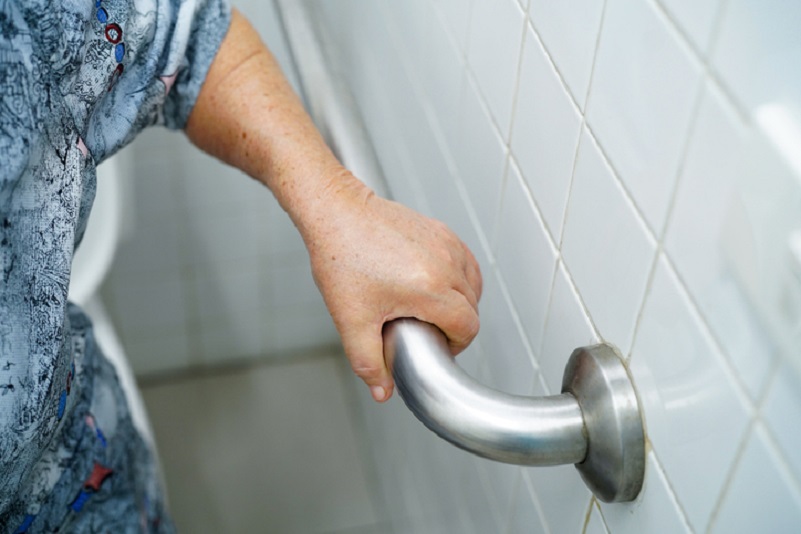At Jigsaw Group we have a policy that clearly sets out how we will deal with requests for aids and adaptations, either directly from residents or in partnership with the relevant Local Authority.
An adaptation is a change made to a home to help a resident who experiences a disability, live independently with privacy, confidence and dignity. There are two types of Adaptations:
Minor adaptations
This work is usually under £1,000 (including VAT) and will include providing things like handrails, grab rails, ramps, toilet seats and lever taps. For minor adaptations, once we know what our resident’s needs are, the necessary work will be booked through our customer contact centre, Connect. If the adaptation needs specialist work, then we will get quotes from our approved contractors.
Major adaptations
This work is usually over £1,000 (including VAT) and will include more extensive and complex work such as putting in stair lifts, through-floor lifts and level access showers. Please note, applications for major adaptations will not be processed while a resident holds a starter tenancy, although discretion can be applied in emergency situations.
All aids and adaptation work that we do will be carried out once we have the result of an assessment made by an occupational therapist (OT) or other suitably qualified professional to check if a resident is eligible. If a resident does not have an occupational therapist, they will be advised to contact their Local Authority as an assessment of their disability and needs will be required.
For major adaptations, we have to take into account the different approaches each Local Authority has in terms of how they fund and deliver aids and adaptations. For example, where a Local Authority offers a Disabled Facilities Grant, a grant application should be made by the resident.
Where Jigsaw Homes Group is paying all, or a part contribution towards the adaptation, we will get quotes to make sure we get value for money.
Where the Local Authority is paying for the whole adaptation, a resident must get our permission before any work takes place, so we can look at whether the request is reasonable.
Sometimes, it might be better for our resident and their needs if we ask them to think about moving to another property. For example:
- Where it would be more cost effective if another property has already been adapted to suit their needs, or an empty home is available and can be adapted within a reasonable period of time.
- Where perhaps a resident will need to, or wish to, move to other accommodation in future to meet their longer term housing needs.
- Where the property is under occupied and it might be needed for a larger family.
In all such circumstances, the option of moving will be discussed with the resident and their views considered before a decision is made. Assistance with the transfer will be given if that is needed.




